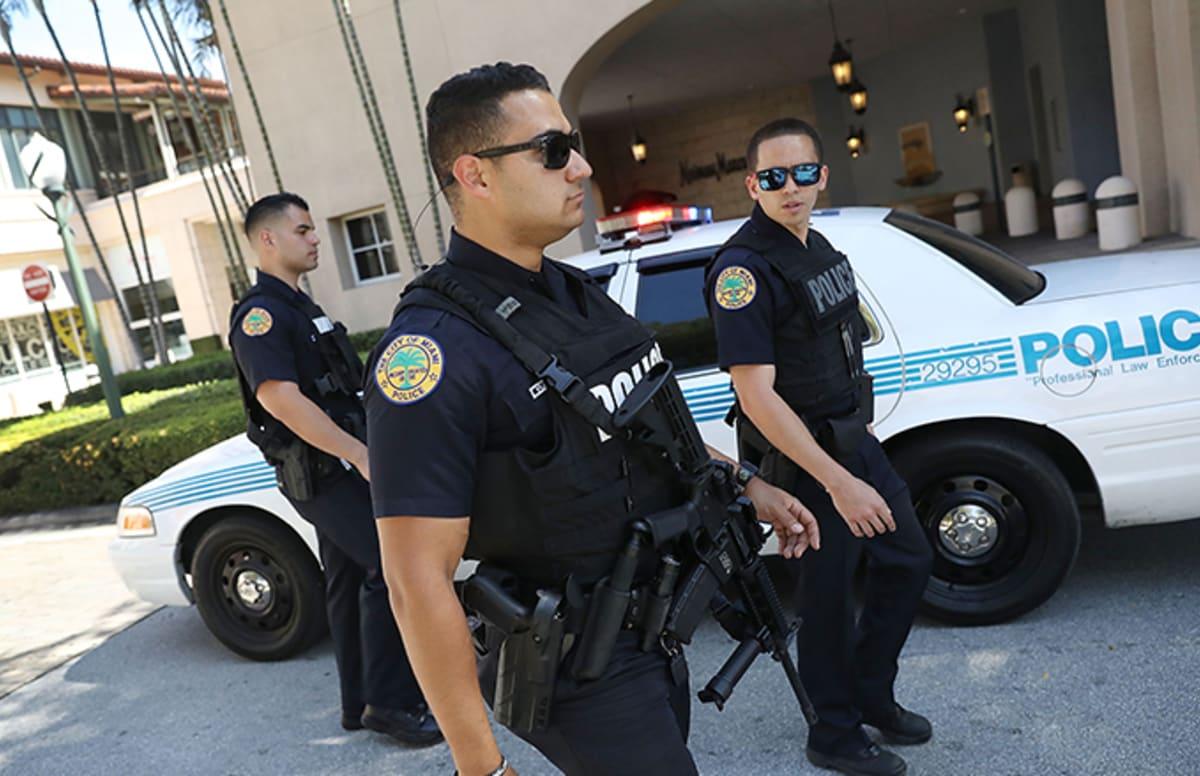A Miami family was initially arrested for cockfighting, but after a search conducted by the Miami Police Department, the FBI was invited when more serious crimes were found. Including involvement with dark web activity.
According to a U.S. prosecutor, “When MDPD arrived at the Rodriguez family home, they found evidence that made plain the home also doubled as the headquarters for a second illegal business: counterfeit check cashing,”.
The main culprit is Carlos Miguel Rodriguez Senior, AKA “Il Padrino,”. Carlos was accused of collaborating with his Miami based family and close associates in a $2 million counterfeit check-cashing scheme. They stole people’s personal identities and Social Security numbers, according to the indictment.

Carlos Rodriguez, 46, got the biggest sentence out of everyone because he was the ring leader. The sentencing happened in a Miami federal court. Carlos Rodriguez Senior got 11 years in prison.
His son, Carlos Miguel Rodriguez Junior, 25, who is a former Miami-Dade College computer science student, received four years and some months in prison. His daughter, Taily Rodriguez, 27, was sentenced to two years in prison. Three close associates were also given prison sentences.
The Rodriguez family was ordered to return $1.8 million to victims of their activities. The Rodriguez family must also forfeit properties and possessions. They are; A house on Little River Drive in Northwest Miami-Dade, a number of Mercedes Benz vehicles, and a 39 foot Midnight Express boat with triple 400 horsepower engines. The lawyer of Carlos Rodriguez junior argued for lenience, accusing the father of pressuring him to join the racket.

Carlos Rodriguez Junior, got involved when he was 19 years old. He started in January 2016 and his defense argued that it was not his idea.
The defense said the son became involved after an associate approached his father with a business proposal. The associate promised the family a motorboat, if they could provide a computer program that could discover Social Security numbers and create counterfeit checks. Saying that if Carlos Rodriguez Junior could go back in the past, he would focus on his education.
How the accused operated in Miami
According to the plea deals and statements, Rodriguez Senior and his daughter , purchased names, addresses, date of birth, and Social Security numbers on dark web markets, and used this information to perpetrate their scheme.
Using the information acquired from darknet markets, Rodriguez Junior accessed victims’ bank accounts across the country and changed the contact information on victims accounts to ones they controlled. According to Special Assistant U.S. Attorney Elizabeth Young, who brought the case with the FBI and Secret Service. The son downloaded checks that they used as templates for counterfeit checks.
According to a press release by the U.S. Attorney’s office, “Once the counterfeit checks were ready, Rodriguez Sr. would give them to other co-conspirators, tasking them with finding people who would visit the banks to cash the checks,…Sometimes, Rodriguez Sr. recruited the check cashers himself, using people living on the street or in homeless shelters.”
People recruited traveled to banks in South Florida as well as California, Texas and Utah to cash these counterfeit checks. Rodriguez Senior deposited the cash proceeds in “different bank accounts to disguise the source of the money.”

